(Central) Auditory Processing Disorder (CAPD) – Adult
What is (Central) Auditory Processing Disorder (CAPD)?
Auditory Processing Disorder (APD), often called Central Auditory Processing Disorder (CAPD), is a complex problem that is estimated to affect 2-3% of children and youth, but the incidence in the general population is most likely higher because adults may develop APD as a result of brain injury (stroke, traumatic brain injury, tumours, epilepsy), aging, or illness. Auditory processing problems occur when the auditory centers in the brain have difficulty processing the information perceived by the ears. This can cause a person with APD to have problems recognizing and interpreting sounds, especially in the presence of background noise. A person with APD may show a variety of problems; poor attention, difficulty following directions, forgetting or misunderstanding what was said, or difficulty remembering what has been learned through listening. The strain of maintaining attention to listen effectively may be exhausting and may make thinking and concentrating more challenging.
APD in children may contribute to a learning disability, attention deficit/hyperactivity disorder (ADHD) or speech and language problems. As children with APD grow into adulthood, some may show improvement in test scores and their language and literacy skills may move into the typical range, but for others these problems persist into adulthood.
What can professionals do to help?
An audiologist is the professional who will assess and make the diagnosis by performing auditory processing tests in addition to audiological (hearing) tests. The audiologist may make recommendations to improve the listening environment and may suggest a listening device which dampens background noise to make speech processing easier and help a person hear and understand auditory information in some settings.
Speech-language pathologists (SLP) work with individuals to improve speech, language and communication skills affected by strokes or other forms of brain injury, illness, or the ageing process. APD can interfere with a person’s communication abilities and be a strong compounding factor in a response to treatment. SLPs will implement strategies to address auditory processing problems in intervention planning.
